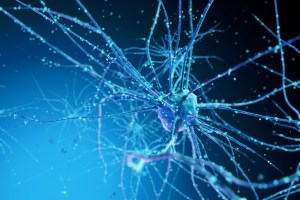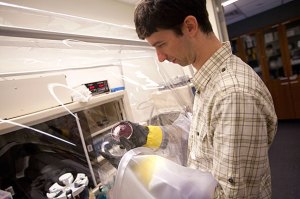Tag: Parkinson’s disease
-
Health
Smart trackers may predict health risks in older adults
Researchers find wearable devices detect circadian disturbances associated with age-related decline
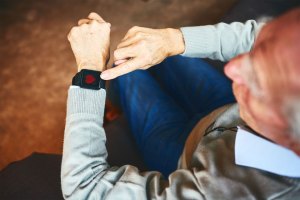
-
Health
Demystifying Parkinson’s
Vikram Khurana discussed recent advances and new, individualized approaches to Parkinson’s, as well as implications of the recent findings.
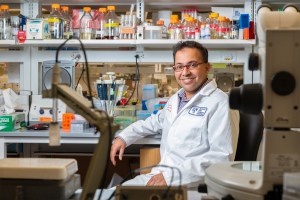
-
Science & Tech
The ‘right’ diet
Professor Emily Balskus and her team have identified an entirely new class of enzymes that degrade chemicals essential for neurological health, but also help digest foods like nuts, berries, and tea, releasing nutrients that may impact human health.

-
Science & Tech
Up close and personal with neuronal networks
Researchers from Harvard University have developed an electronic chip that can perform high-sensitivity intracellular recording from thousands of connected neurons simultaneously, allowing them to identify hundreds of synaptic connections.
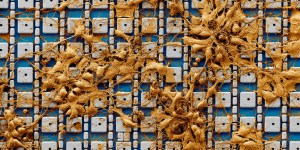
-
Science & Tech
The future of mind control
A new paper explores why neuron-like implants could offer a better way to treat brain disorders, control prosthetics, or even enhance cognitive abilities.
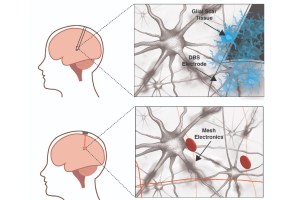
-
Health
Gut microbes eat our medication
Study published in Science shows that gut microbes can chew up medications, with serious side effects.
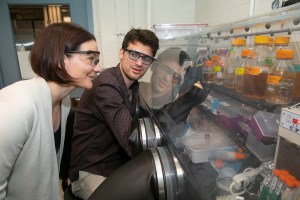
-
Health
Medical hope on horizon
Stem cell science is accelerating development of therapies for diabetes, ALS, other diseases, researchers tell HUBweek sessions.
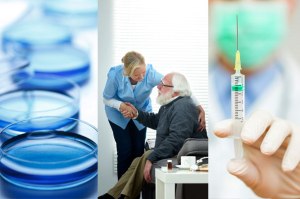
-
Health
Giving Huntington’s disease the one-two punch
The identification of a molecular compound that combats Huntington’s disease by means of two separate mechanisms may be the watershed moment in the battle against neurodegenerative diseases.
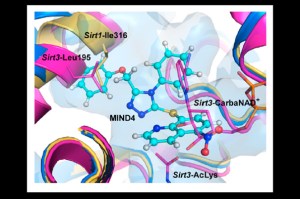
-
Health
Strength in movement
Scientists gave little thought to the neurological effects of dance until relatively recently, when researchers began to investigate the complex mental coordination that dance requires.

-
Health
How coffee loves us back
Research at Harvard and elsewhere has repeatedly tied coffee consumption to health benefits.
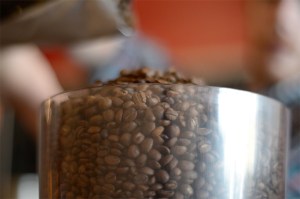
-
Health
Possible progress against Parkinson’s
Harvard Stem Cell Institute researchers at McLean Hospital have taken what they describe as an important step toward using the implantation of stem cell-generated neurons as a treatment for Parkinson’s disease.
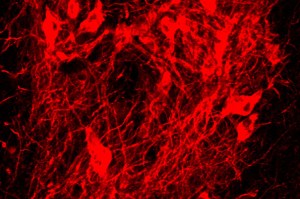
-
Health
A decade of breakthroughs
The Harvard Stem Cell Institute is now 10 years old. What began as an idea embracing cross-disciplinary research quickly became a generator of scientific discoveries.
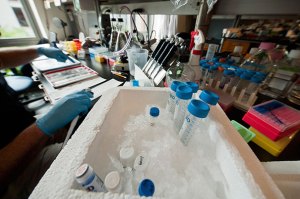
-
Health
The motivation to move
Using an unusual decision-making study, Harvard researchers exploring the question of motivation found that rats will perform a task faster or slower depending on the size of the benefit they receive, suggesting they maintain a long-term estimate of whether it’s worthwhile for them to invest the energy.
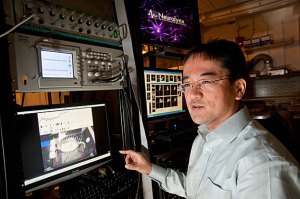
-
Health
Tracing the brain’s connections
A team of researchers is using a genetically modified version of the rabies virus to create the first comprehensive list of inputs that connect directly to dopamine neurons in two regions of the brain.
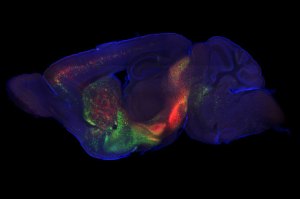
-
Health
Lighting up Parkinson’s disease research
Most people do not think of jellyfish at the mention of Parkinson’s disease research. But, at the MassGeneral Institute for Neurodegenerative Disease (MIND), researchers Pamela McLean and Bradley Hyman are…
-
Health
Elevated urate levels may slow progression of Parkinson’s disease
Naturally elevated levels of the antioxidant urate may slow the progression of Parkinson’s disease in men. Researchers from the MassGeneral Institute for Neurodegenerative Disease (MGH-MIND) and Harvard School of Public…
-
Health
Reprogrammed adult skin cells treat Parkinson’s disease in animal model
Researchers at the Whitehead Institute and Harvard Stem Cell Institute(HSCI) have reported successfully reducing symptoms in a Parkinson’s disease rat model by using dopamine producing neurons derived from reprogrammed adult…
-
Health
Fetal-cell transplants reverse Parkinson’s in two patients
The two patients were part of a small exploratory study in Halifax. In the study, the cells were bathed in the trophic factor GDNF before being implanted into the striatum,…
-
Health
Anti-inflammatory drugs may reduce Parkinson’s disease risk
In the first study to investigate the potential benefit in humans of the use of non-steroidal anti-inflammatory drugs (NSAIDs) in reducing the risk of Parkinson’s disease, Harvard School of Public…
-
Health
Enzyme linked to pathology of Parkinson’s disease appears two-faced
A finding by Harvard Medical School researchers adds a new wrinkle to the story of Parkinson’s disease and insight into how failure to dispose of proteins can wreak havoc on…
-
Health
Dopamine may play dual role in Parkinson’s disease
According to the Parkinson’s Disease Foundation, “Parkinson’s disease (PD) is a disorder of the central nervous system that affects between one and one-and-a-half million Americans. Because it is not contagious…
-
Health
Caffeine linked to protection from Parkinson’s disease
Parkinson’s disease is a progressive nervous disease occurring generally after age 50. It destroys brain cells that produce dopamine and is characterized by muscular tremor, slowing of movement, weakness and…



